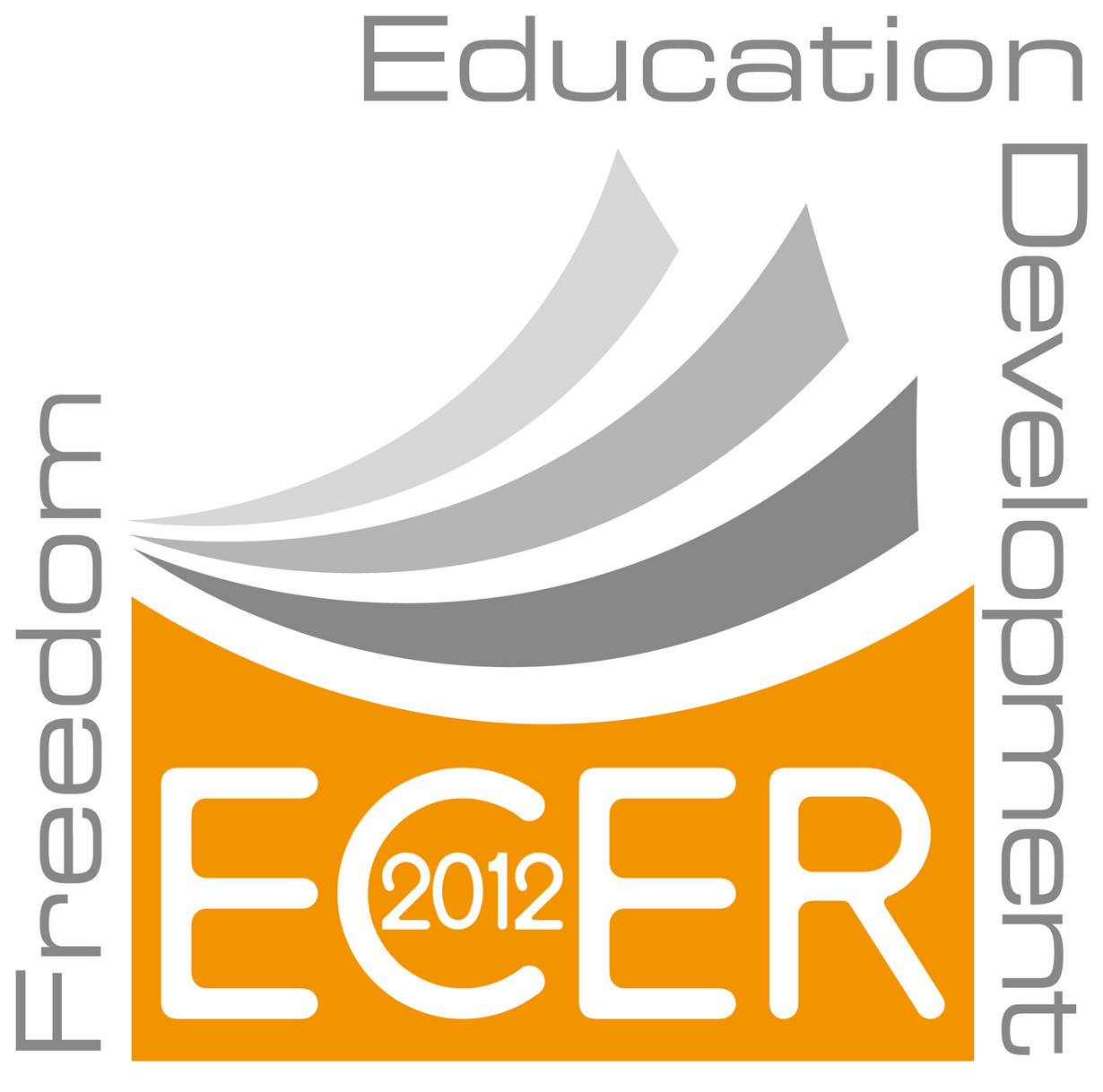What makes educational research with children ‘ethical’?
Vicki Coppock, Reader in Social Science: Childhood Studies and Mental Health, Edge Hill University, UK
This workshop will engage delegates in a lively, informative discussion about the meaning, scope and challenge of ‘ethics’ in the design and execution of educational research. The central aim is to stimulate critical thinking about ethics and ethical deliberation from a children’s rights perspective and the workshop will focus on the way in which children’s rights discourse provokes us to think and practice differently when undertaking research with children.
The presenters bring a wide and varied interdisciplinary and international expertise to this subject; however, as members of EERA Network 25, they share a commitment to children’s rights in their research practice. During the workshop they will share their experiences of attempting to practice ethically in their research with children, highlighting some of the difficulties and challenges they have encountered and how they have sought to overcome them.
The workshop will begin with a brief contextualisation of the subject, highlighting some of the theoretical, epistemological and ontological debates that currently inform our understanding of what it means to conduct ethical research with children.
• Debates about the nature and status of ‘the child’ and ‘childhood’
• Debates about how ‘research’ is conceptualised, categorised and practiced
• Debates about the role and function of official research governance structures (ethics committees; ethical protocols etc.)
From here there will be wider group discussion guided by the use of a case study exercise.
The Case Study
Research proposal: The influence of high and low threat messages on test anxiety and performance in primary school children
The proposed research will be conducted on school children aged between 8 and 11 years. The researcher will take 10 children from each year group (40 participants in total), all of similar academic ability, and randomly split them into two groups.
Over a two-week period the children will be given a daily one-hour maths lesson. At the end of the two weeks they will be tested on what they have learned. Throughout the two weeks one group from each year group will be given high threat messages regarding the tests (i.e. constantly reminded that they will be taking part in an important test) and the other half will be given low threat messages (i.e. told about the test, but constantly reminded it is of no importance).
At the beginning and at the end of the two weeks the children will be required to complete the Children’s Test Anxiety Questionnaire (Wren & Benson, 2004). Differences in the test anxiety – test performance relationship between the two groups will be analysed. The researcher hypothesises that those receiving low threat messages will have lower test anxiety scores and will produce higher scores in the tests overall.
This study could help primary school children score higher on tests if class teachers are made aware of the consequences of the type of message they relay.
Ethical considerations:
The researcher will gain consent from parents by sending letters home requesting that they contact her if they have any objections. The letters will explain that parents can discuss the research further, will have access to their child’s scores and will have the right to read the researcher’s report when completed.
Since the researcher is already a member of staff at the school she will be known and trusted by the children. The children will not perceive the lessons as unusual and it is therefore not essential for them to be informed of the actual nature and purpose of the lessons.
The researcher is Criminal Records Bureau (CRB) cleared and the head teacher has already given permission for the research to be conducted.
The children will be identifiable only by a number allocated to them by the researcher and this information will remain confidential.
If any child becomes distressed whilst the research is being carried out normal school procedures will be adopted. However, if this is unsuccessful and the child continues to show distress s/he will be withdrawn from the research.
The researcher has read and will abide by the British Psychological Society (BPS) Code of Conduct, Ethical Principles & Guidelines (2006).
Some questions for your consideration:
What are your thoughts concerning:
• the justification given for conducting the research?
• the costs / benefits to the children of participating (or not) in the research?
• the arrangements for negotiating access to the children?
• the arrangements for obtaining consent to undertake the research?
• the researcher’s understanding of her relationship with the children taking part in the research?
• issues of vulnerability / possible harm or distress to the children?
• issues of privacy and confidentiality?
• the assurances offered by the researcher’s reference to the BPS Code of Conduct (2006)?
Place: Aula 2.3., FCEE
